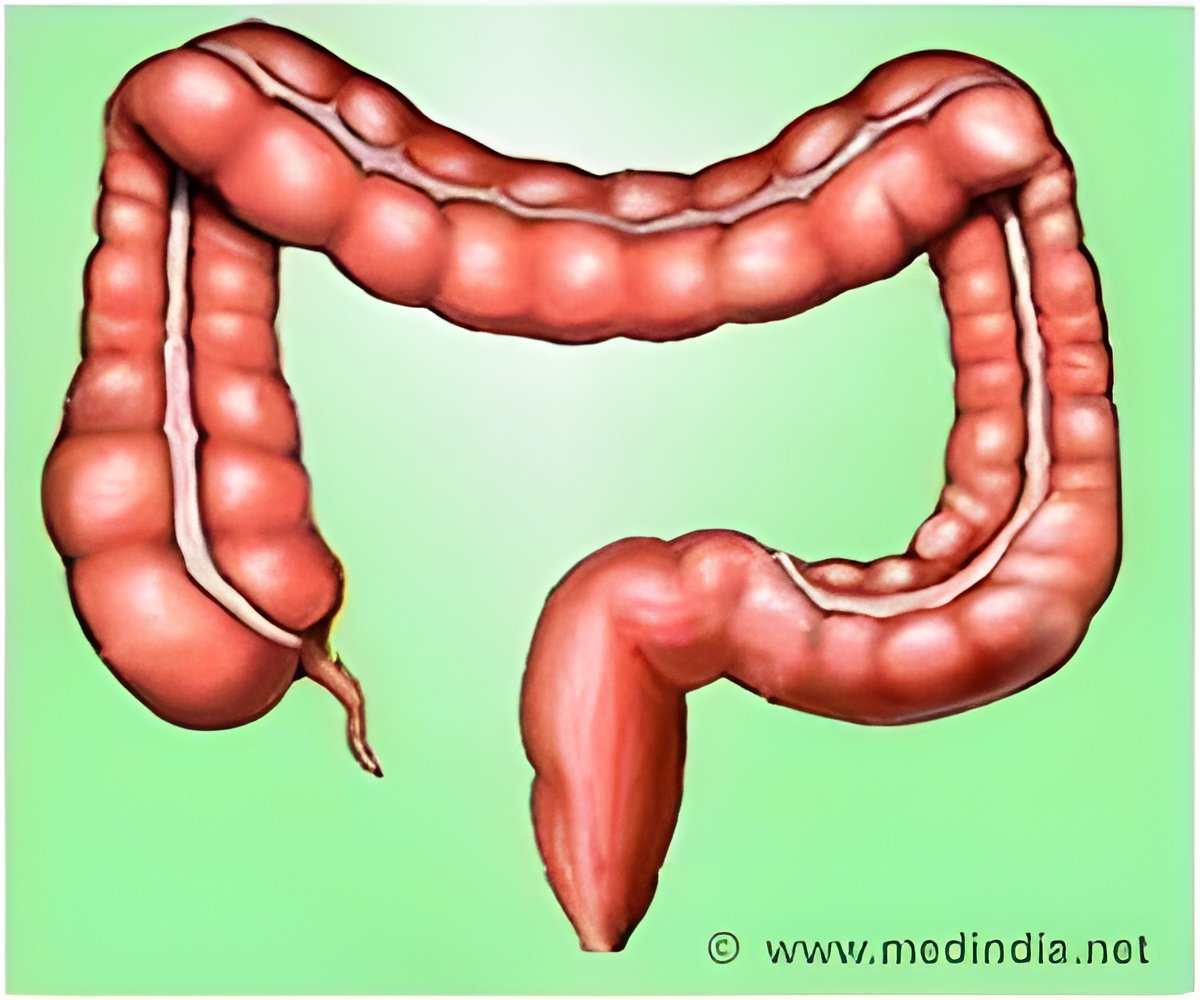Scientists have seen an increase in the percentage of patients who have a high number of lymph nodes evaluated during colon cancer operations.

Most practice organizations and consensus panels now advocate for the surgical evaluation of 12 or more lymph nodes for acceptable staging of newly diagnosed colon cancer patients. "Recently, some studies have questioned the understaging mechanism, suggesting that efforts by payers and professional associations to increase the number of lymph nodes evaluated during colon cancer surgery may have a limited role in improving survival," the authors write.
Helen M. Parsons, M.P.H., of the National Cancer Institute, Bethesda, Md., and colleagues examined trends in the degree of lymph node evaluation for colon cancer and how they are associated with survival. The researchers analyzed data from the Surveillance, Epidemiology, and End Results (SEER) program, from 1988 through 2008. Included in the analysis were 86,394 patients surgically treated for colon cancer.
The researchers found that lymph node evaluation for colon cancer increased markedly from 1988 to 2008. During 1988-1990, 34.6 percent of patients (n = 3,875) received lymph node evaluation at a level of 12 lymph nodes or more. By 1994-1996, 37.9 percent of patients (n = 4,362) had an evaluation at this level, with this percentage increasing to 46.8 percent in 2000-2002 and 73.6 percent (9,798/13,310) in 2006-2008. Even though the number of lymph nodes evaluated increased significantly, this change was not associated with an increase in node-positive cancers over this period (40 percent in 1988-1990, 42 percent in 2006-2008).
The authors also found that although patients with high rates of lymph node evaluation were only slightly more likely to have node-positive disease, these patients experienced significantly lower relative hazard of 5-year death compared with those with fewer nodes evaluated. "When stratified by node positivity, patients with node-positive disease as well as node-negative disease continued to experience lower relative hazard of death when more lymph nodes were evaluated."
"In conclusion, the number of lymph nodes evaluated for colon cancer markedly increased in the past 2 decades but was not associated with an overall shift toward higher-staged cancers, questioning the upstaging mechanism as the primary basis for improved survival in patients with more lymph nodes evaluated."
Advertisement
Editor's Note: Please see the article for additional information, including other authors, author contributions and affiliations, financial disclosures, funding and support, etc.
Advertisement
Sandra L. Wong, M.D., M.S., of the University of Michigan, Ann Arbor, Mich., writes in an accompanying editorial that the findings of this study indicate that the use of some quality indicators is questionable.
"One of the major hazards associated with the development and implementation of quality indicators is the lack of association with outcomes because the mechanisms by which adherence to certain processes of care lead to improved outcomes are unclear. What is clear, however, is that seemingly straightforward associations between processes of care and improvements in outcomes are not easily understood and these relationships may not be causal. The quality indicator of counting more than 12 lymph nodes per resected colon cancer specimen does not directly measure a process that by itself improves outcomes. The study by Parsons et al further questions the utility of this indicator."
Source-Eurekalert















